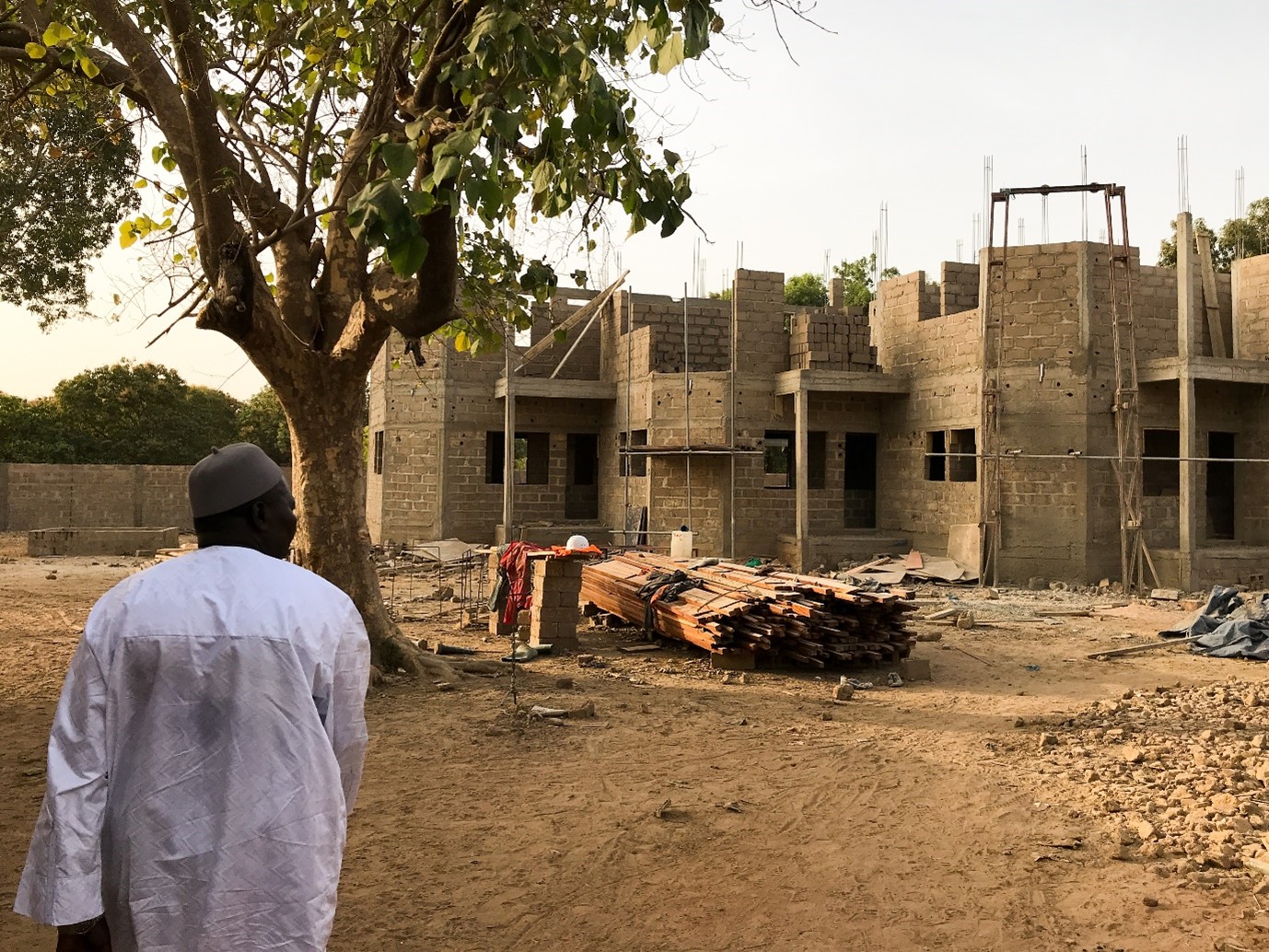

The project increases the generation of ecosystem goods and services and promotes the establishment of commercially viable natural resource-based businesses managed by local communities. To establish such businesses, the project conducted a baseline study including an assignment on the Economics and Market Analysis for establishing financially viable natural resource-based businesses in the Gambia. The report proposed 7 potential business portfolios and defined the financial implications of these natural resource-based businesses for the contributions to the National Forest Fund (NFF) through a detailed discounted cash flow analysis. One such activity to facilitate the establishment of these businesses was the introduction of bee-fodder tree species to support bee farming in the community-owned forests and community-protected areas (CPAs).
The project also facilitated the integration of the EbA approach and natural resource-based businesses into existing government plans and activities and demonstrated and quantified their commercial viability to promote further investment by the government and the private sector beyond the project implementation period.
Access to enough natural resources is important and requires, if not available, restoration and related activities to ensure availability.
Enough funding is key to build the required infrastructure and start the business.
For the businesses to be economically viable and attractive for local people, they need to stem from participatory processes and answer community needs. Technical guidance and training to the population can support the process.
Having support from the government and environmental agencies is helpful.
Providing capital only is not enough to develop successful natural resource-based enterprises. A more holistic, capacity development approach is needed. To achieve sustainability and impact, it is crucial to adopt participatory approaches to incentivize community members to take part in the activities.
The importance of implementing natural resource-based businesses through suitable business models implies the development of a business culture along the value chains of forest products to facilitate value addition and link producers and vendors to input and output markets. This requires:
- Developing appropriate institutional arrangements to extend credit to actors in the Small and Medium Forest Enterprises (SMFEs); create awareness among value chain actors of appropriate financial sources, and establish credit guarantee schemes for producers and cooperative organizations.
- Developing and improving the knowledge of market information systems and quality control measures and standards.
- Strengthening community-based organizations of SMFEs to access services and facilitate their partnership with private sector entities.